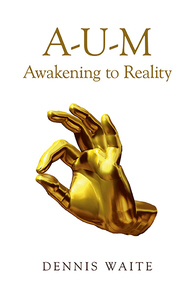Q:
1. If upon the death of a jivan-mukta person, the subtle body dissolves and the person does not have go through the cycle of birth and death, this would imply that my sole motivation for attaining enlightenment should be the liberation of the subtle body that resides inside this gross body (since that is what suffers from one birth to another). Does this not in some way refute the idea of realising myself as the supreme consciousness bliss?
2. How is it that law of karma stops to act only on an enlightened being when in essence we are all liberated from the beginning?
3. On living while following the path of karma yoga, how do I decide what actually is the right thing to do in one’s life assuming I don’t have any desires? What Arjuna did in those days was the traditional work assigned to kshatriyas but in present day, since there is no acceptance of the traditional caste system, how do I come to decide what I should do? As a karma yogi has no desires, does all for the Lord, but the problem is coming to know what is to be done and that too, without any desire or attachment. What occupation should be taken or should one retire as a monk?
Continue reading
